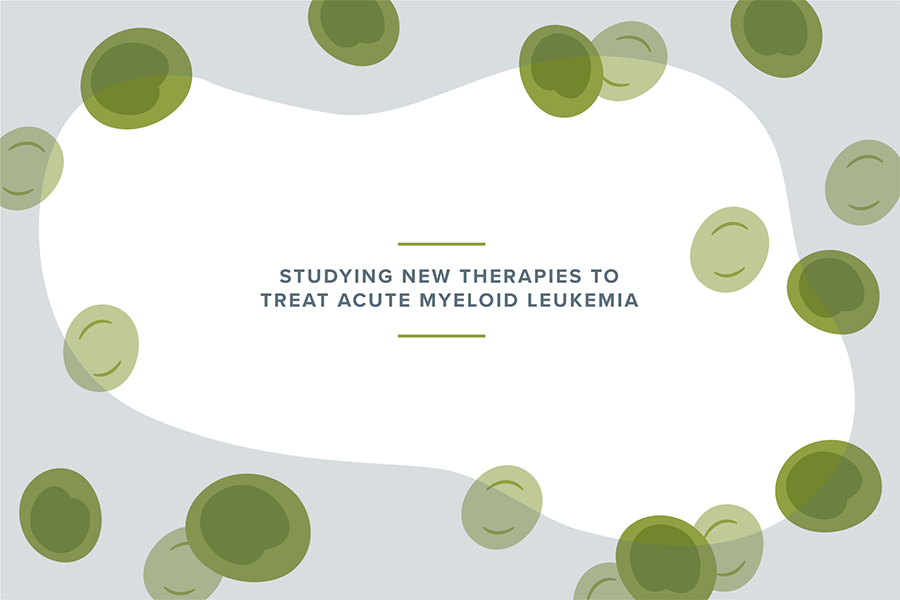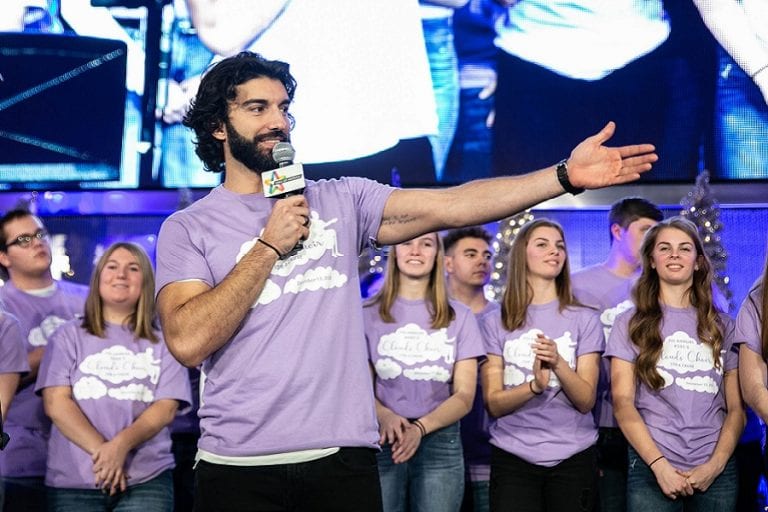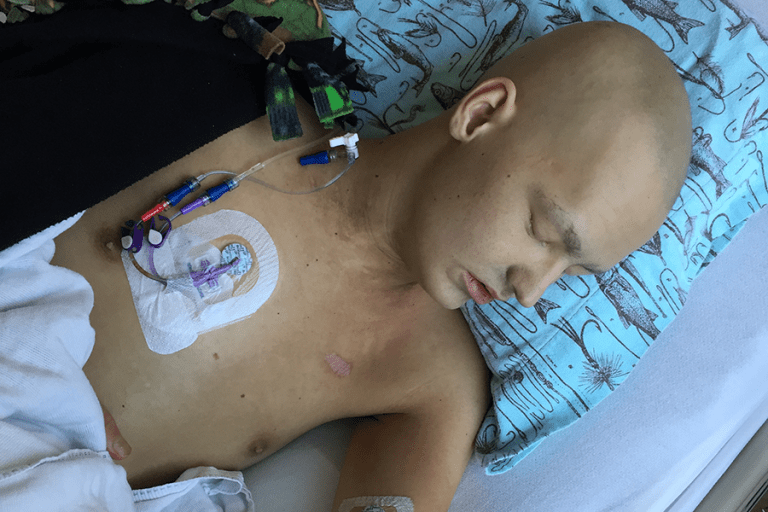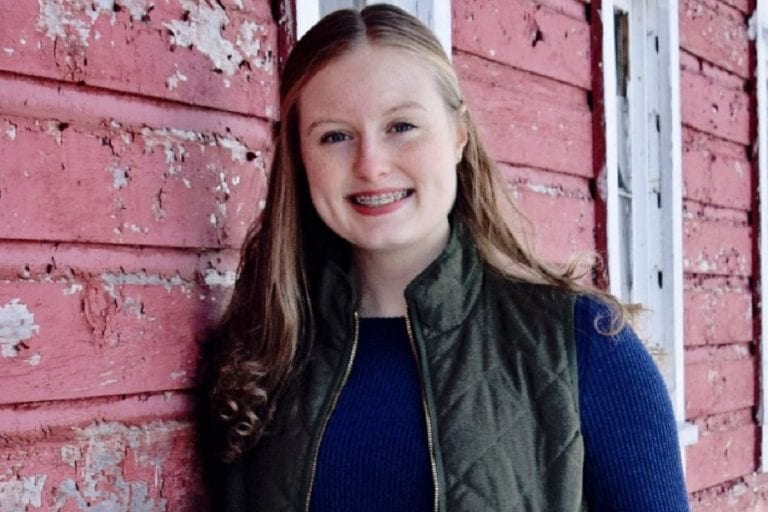Today, when a child is diagnosed with leukemia, they’re told they are in for a long battle. Those years will include toxic treatments that can leave them with lifelong late effects. And for kids with a particularly rare form of leukemia, that’s all for a survival rate that is just a little better than a 6-in-10 chance of long-term survival.
But Dr. Nathan Gossai and the leukemia team at Children’s Minnesota are working to change that with a phase 1 clinical trial for kids with acute myeloid leukemia (AML), a stubborn kind of cancer that can keep coming back.
Dr. Gossai has recently received an Emerging Scientist Award from the Children’s Cancer Research Fund (CCRF) to study new therapies for children with acute myeloid leukemia (AML).
AML is a type of cancer of the blood and bone marrow with excess immature white blood cells. Treatments have long relied on toxic chemotherapy that can’t always prevent relapse. Kids fighting this rare blood cancer don’t have time to spare – they urgently need better, safer treatments.
Gossai says despite progress in the treatment of AML over the past decades, long-term survival of children and young adults remains at 60-70%. He says most treatment failure is due to relapse, so elimination of residual leukemia is an ongoing challenge but his research, and the resilience of his patients, keeps him going.
“We are surrounded by inspiration and hope, he said. “We take care of kids who are unbelievably resilient and strong and are handed challenges and just push through day after day.”
Gossai and his colleagues are currently working on a phase 1 clinical trial that would seek to help children with AML by improving outcomes while avoiding negative side effects of chemotherapy.
“What we are trying to do is increase the effectiveness of treatment at the same time as decreasing the bad side effects. So we are being a little bit more targeted and not using ugly chemotherapy, but using things that are more specific to the bad cells in the body,” he said.
One of the ways leukemia cells develop resistance to chemotherapy is through non-inheritable changes inside the cell called epigenetic modification.
Gossai says results from prior clinical trials have shown not only that these drugs work well, but that they have fewer short-term side effects for kids whose leukemia cells have developed this kind of resistance. However, kids without an identified epigenetic alteration continue to have a relatively poor response to this regimen, which led them to develop this second-generation study.
“The ultimate goal in the work we do is to figure out a way to make leukemia go away and stay away, while not leaving the patients with any long-term effects,” he said.
He knows this type of research wouldn’t be possible without funds like the CCRF’s Emerging Scientist Award.
“Most funding sources like to know their money is going to go someplace that’s going to be effective,'' Gossai said. “That’s one of the reasons the CCRF is so great because they understand that and have long experience funding some of the novel treatments and the novel experiments and the novel studies, knowing that they may need to invest in many, to have a few that are wildly successful.”
Gossai and his team hope to prove this regimen will be tolerable and result in more durable treatment responses for children and young adults with relapsed or refractory AML.
So when you are asked next time what comes to your mind when you think of childhood cancer, Gossai hopes you think of the resiliency of his patients and supporters such as CCRF who he sees as beacons of hope.
“My gratitude toward the CCRF isn’t about our ability to do research. It’s due to the knowledge that this research is a direct line of benefit for our patients.”
Support Emerging Scientists
By donating to Children’s Cancer Research Fund, you’re giving emerging scientists the support they need to put their great ideas into practice. Learn more about CCRF’s commitment to funding researchers early in their careers.




